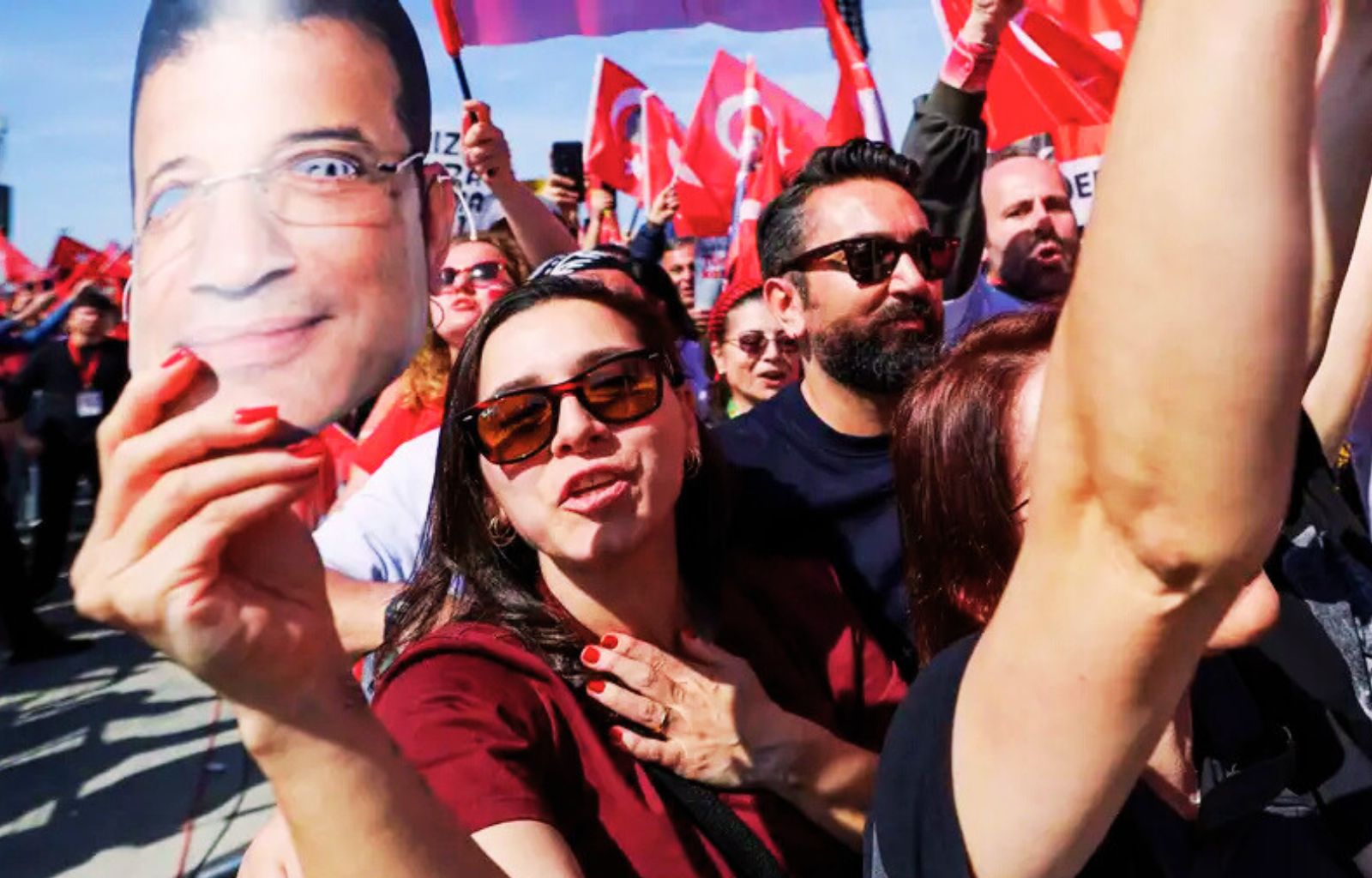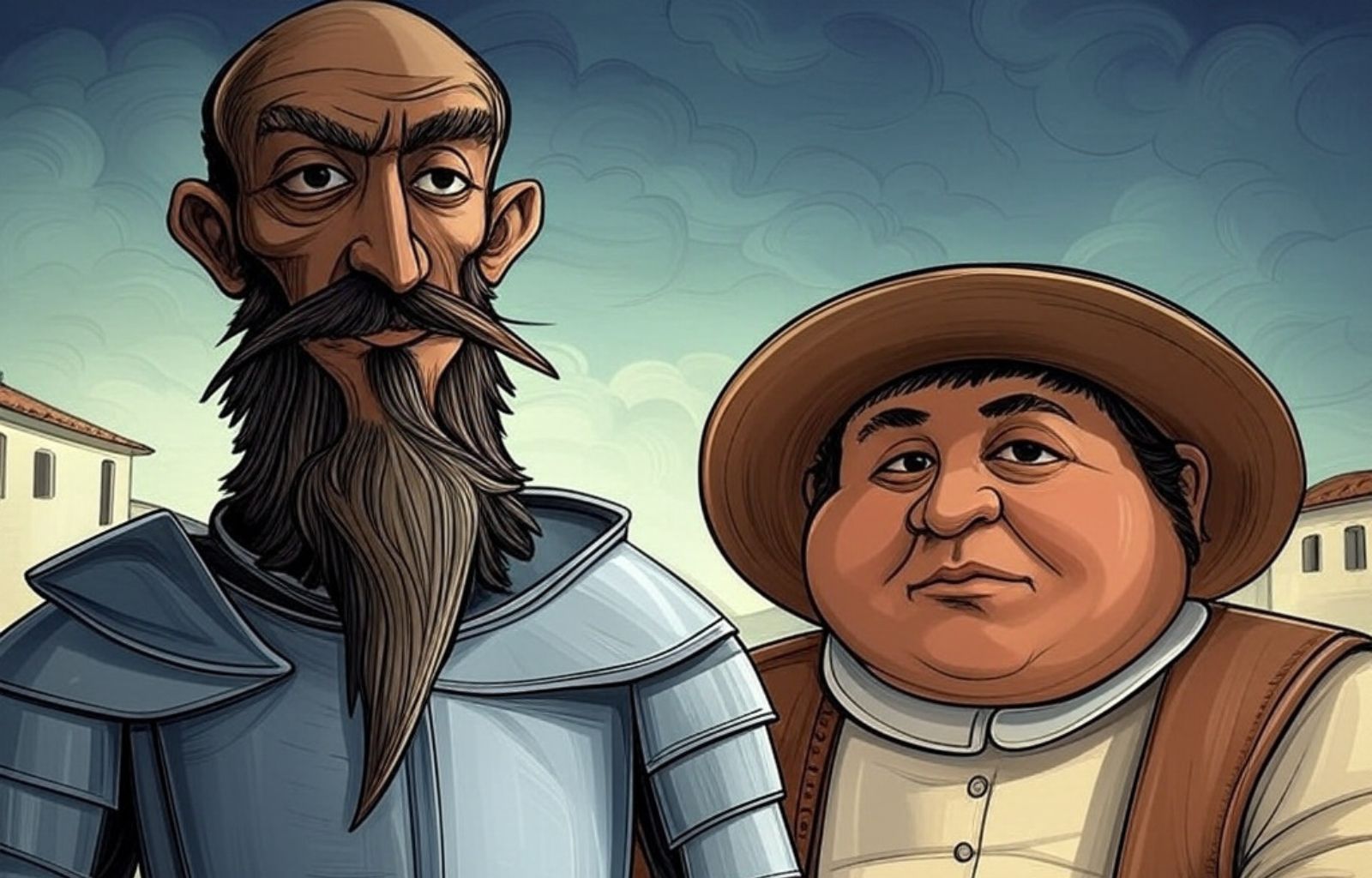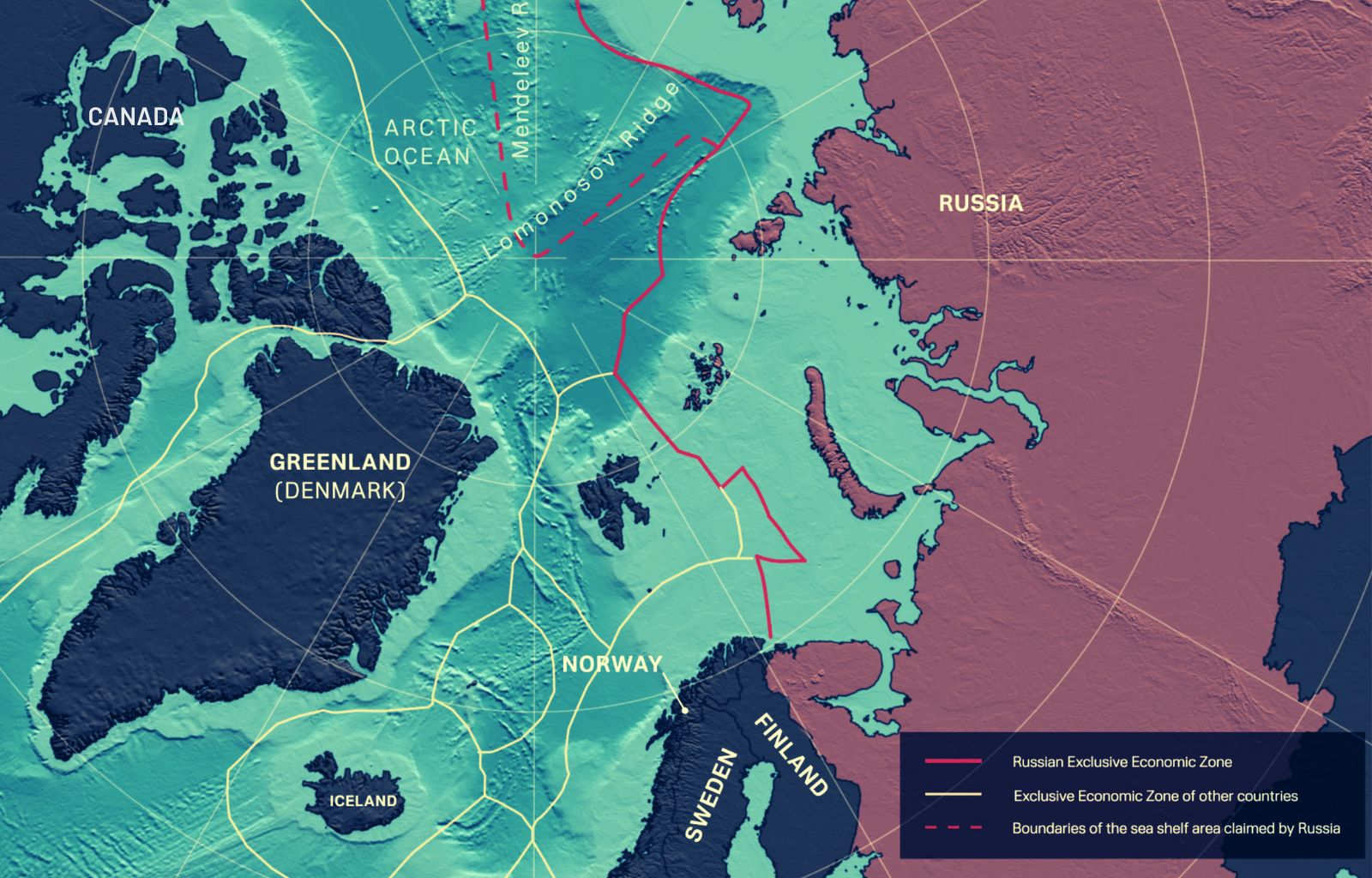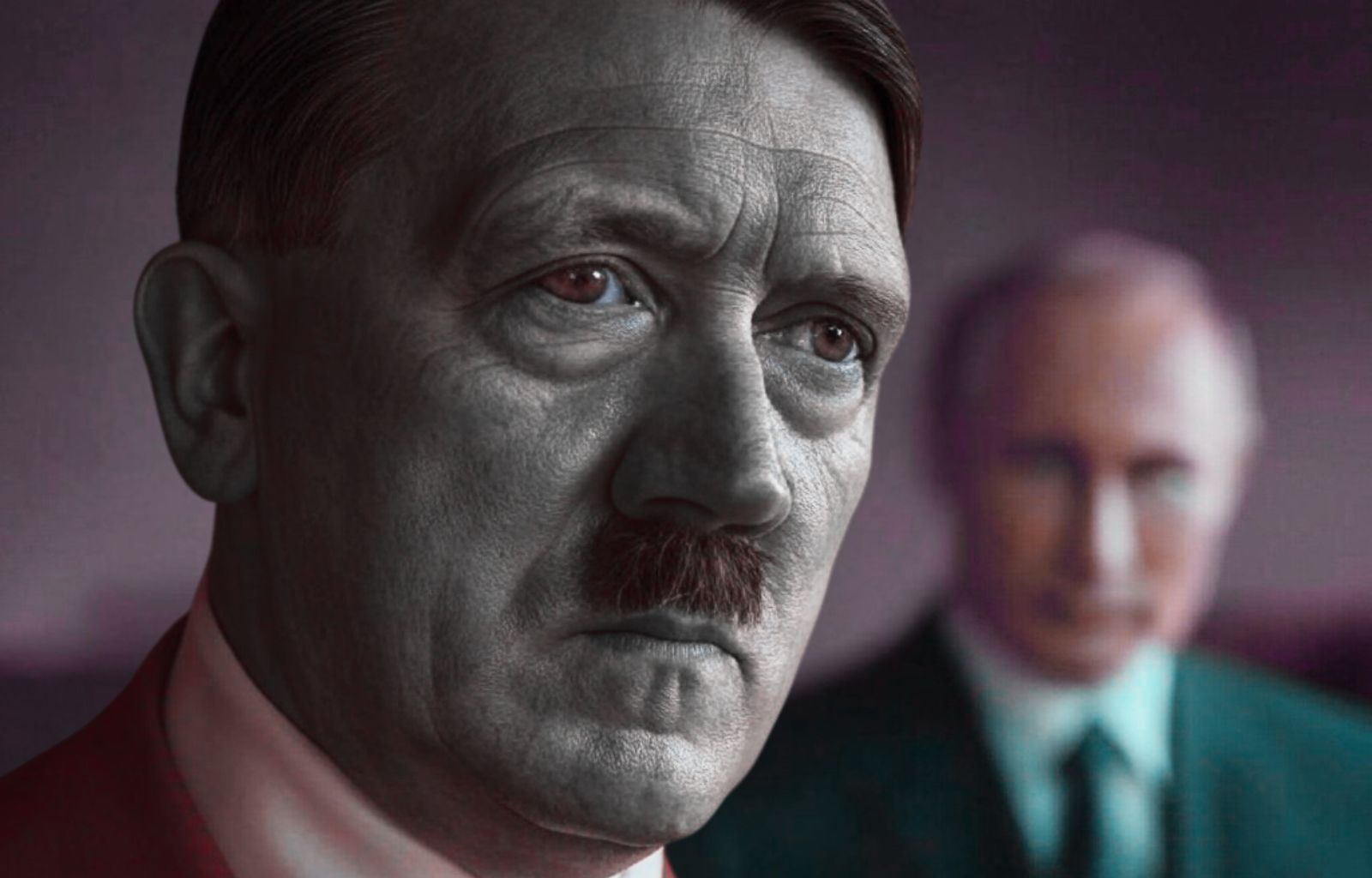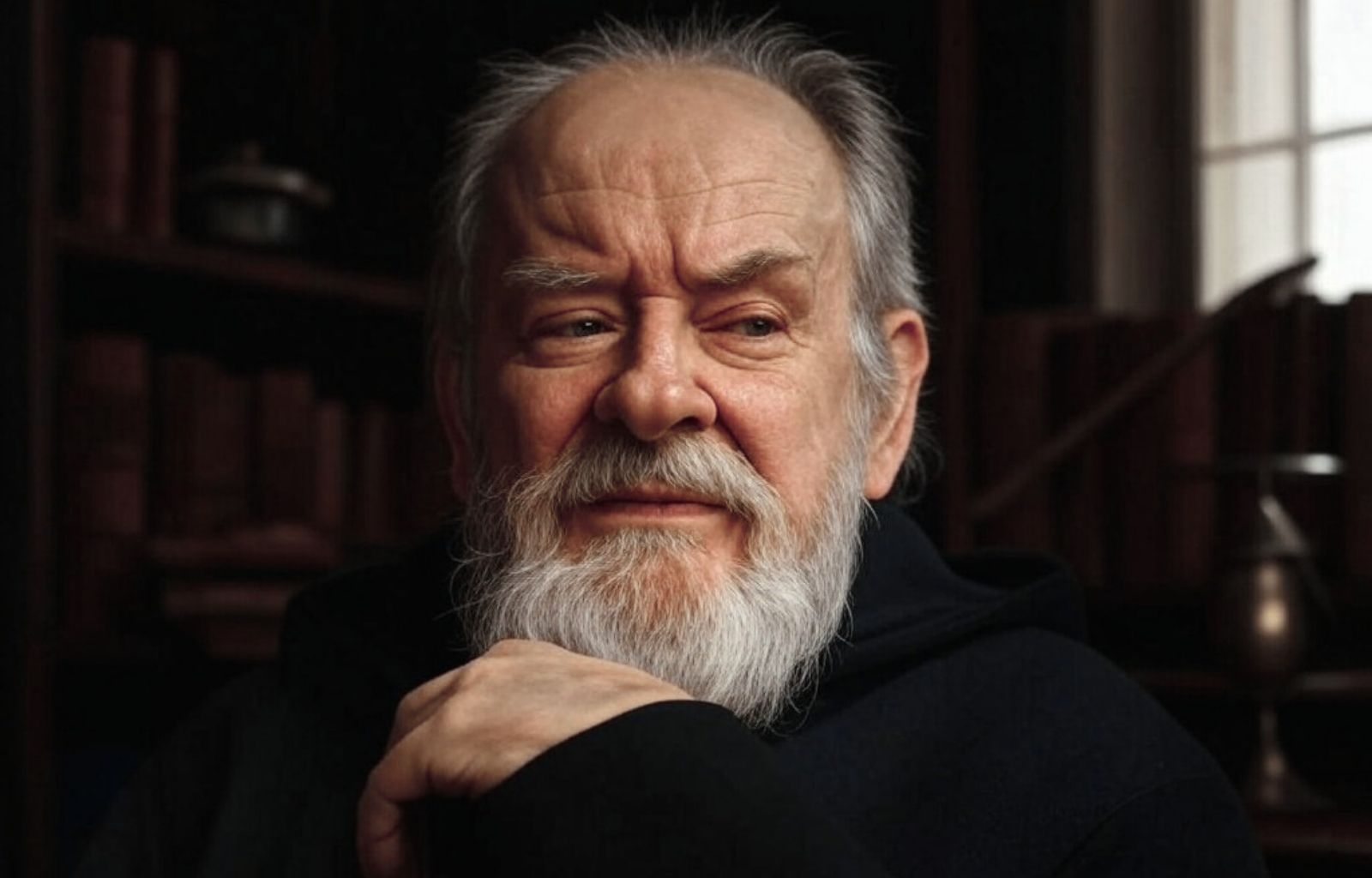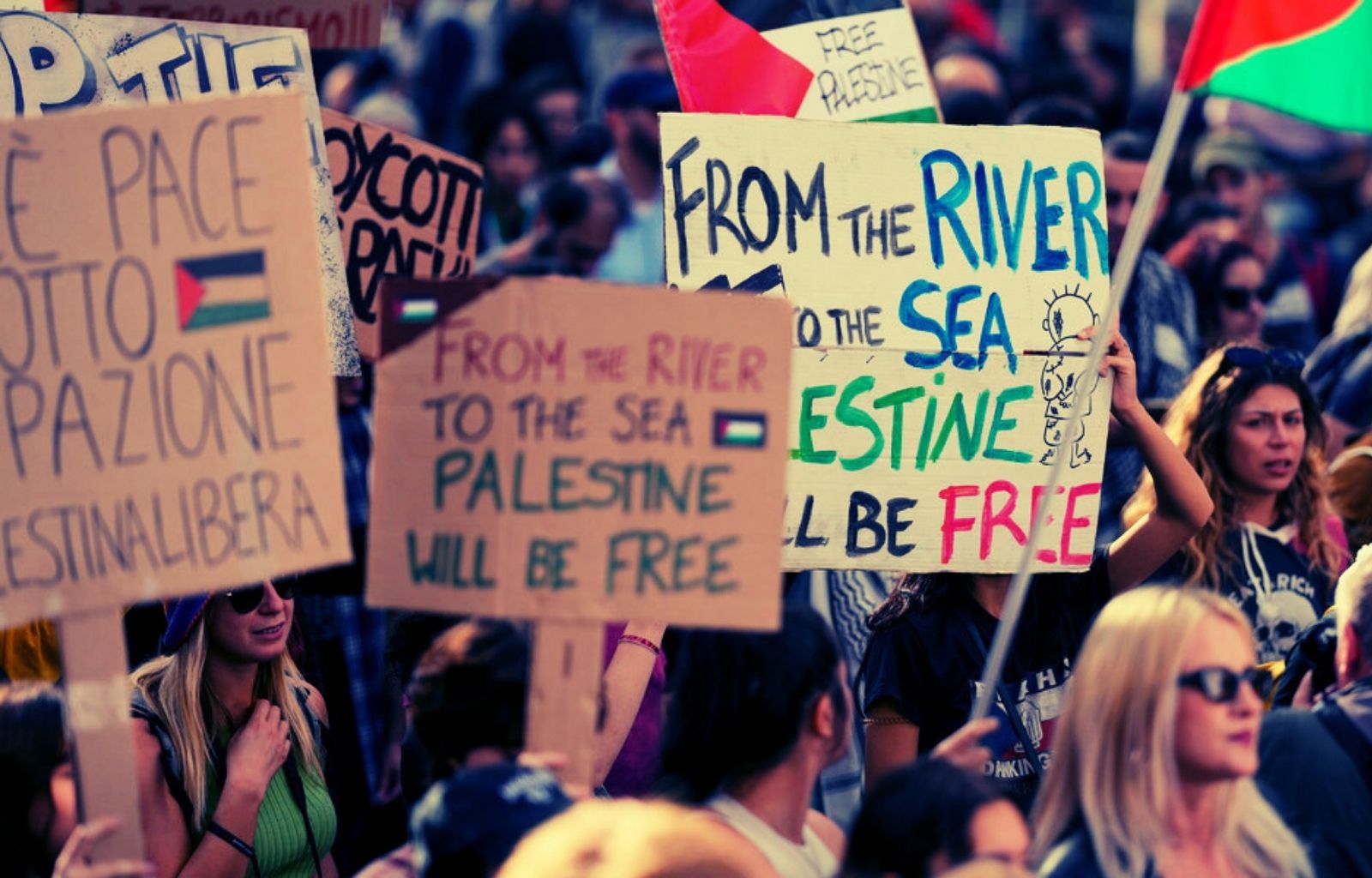Only the West knows history?
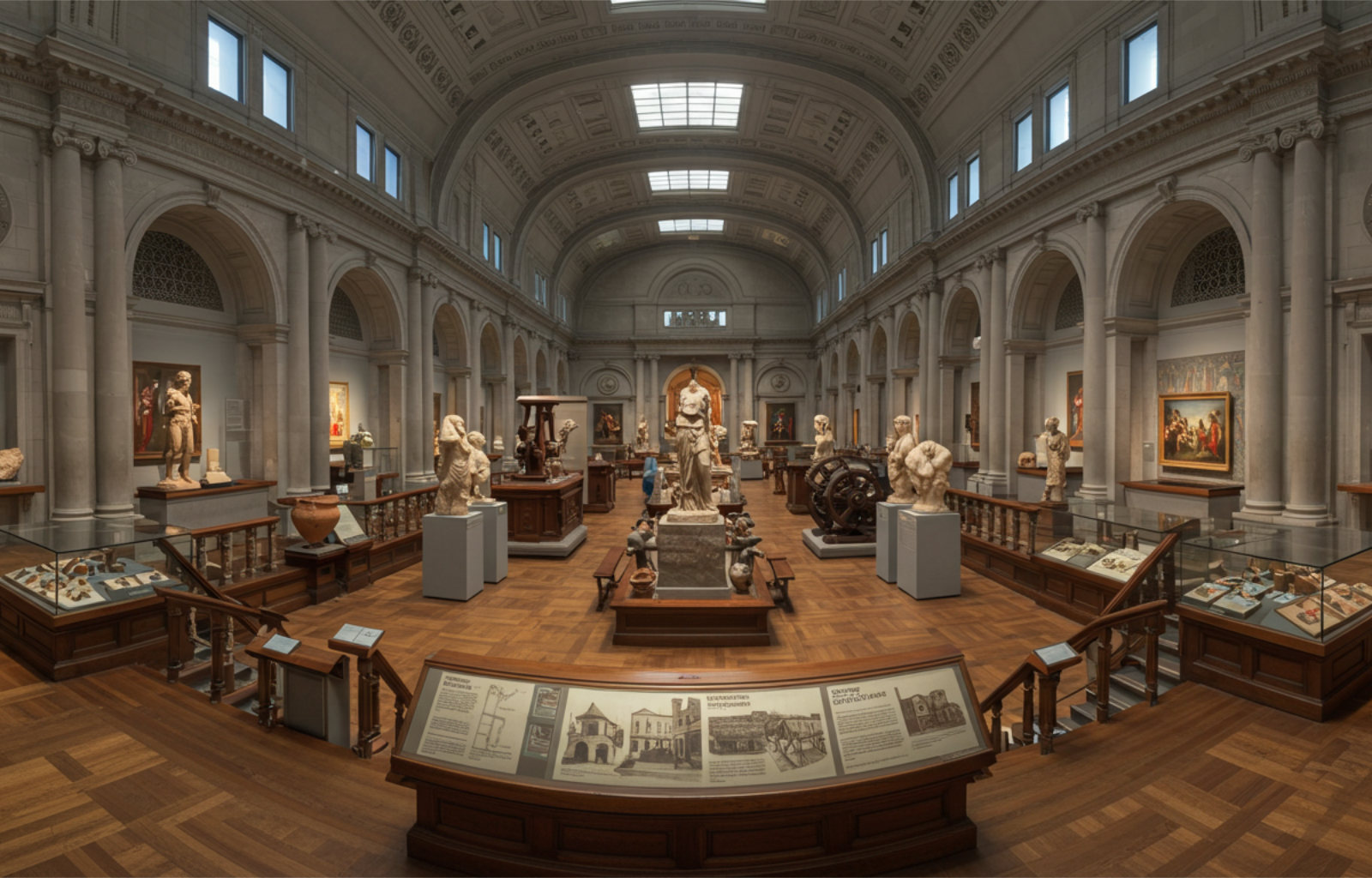
Does only the West know history? Obviously not. But it is curious that ministerial officials, in preparing new guidelines for primary and secondary schools, felt the need to recover this phrase by Marc Bloch (a scholar who died in 1944, when the gap between the West and the rest of the world was quite different from what it is today). The usual premise is in order: ministerial guidelines have no real impact on what our children are taught. The individual teacher’s freedom of didactic choice reigns supreme.
Documents of this kind serve, therefore, to signal the ideological orientation of the government in office much more than to actually change what happens in classrooms. They serve to promote new cultural trends (such as the critical use of AI), to incorporate existing ones (such as the glorification of the great women of the past, prudently purged of any personality traits that might embarrass current feminism) or to rediscover forgotten ones (such as the Risorgimento). But the effect is felt more in public debate among adults than in lessons to the very young.
Moreover, again as in the past, most observations are inspired by common sense. The authors admit, in essence, that perhaps today’s under-13s are more attracted to history as a narrative than to improbable attempts to train them in the critical evaluation of sources, and that for them, knowing concrete facts might be more useful than getting lost in abstract ‘big issues’.
It is, clearly, a blasphemy against two of the pedagogical commandments dearest to that left-wing intelligentsia that dominates, for better or worse, Italian schools. But it is also a bath of reality. We all know the disturbing data on the collapse of the linguistic skills and, recently, also of the cognitive and relational ones of our under-13s. That the watchword is ‘start again from the basics‘ should come as no surprise.
It is astonishing, however, that in this frame of general common sense, such a lapidary statement as ‘Only the West knows history‘ should arise . Let us see how it is motivated:
“Other cultures, other civilisations, have known something that vaguely resembles history, such as annalistic compilations of dynasties or eminent events that have occurred over time; similarly, for a certain period of their secular history other civilisations, other cultures, also witnessed a beginning of writing that possessed the characteristics of historical writing. But that beginning soon remained as such, folding in on itself and not giving rise to any development; thus in no way marking its own culture as the dimension of History has marked ours’.

Now, my discouragement at these words is not only due to the knowledge that they are now false. It is mainly due to the realisation that they are anti-Western. Let us admit that for centuries other civilisations have only known annals and not history, understood as methodical, rigorous and as impartial research as possible. Well: if today, as is evident, even those civilisations have excellent historians who publish excellent studies, the West should take pride in this. If today we have been caught up and sometimes surpassed in applying the historiographical method, just as we have been surpassed in applying the scientific method, we should rejoice, not be ashamed.
What sense does it make to still pretend to live in Marc Bloch’s time, and to defend an indefensible ‘exclusivity’ of us Westerners on history, when we can proudly look at how Asia – and increasingly Africa – is doing historical research in the style we used to do it, moreover still sending thousands of its most promising young people to train in our universities?
What is the point of showing ourselves animated by jealous and petty sentiments, when we could be showing off generous ones?
The Myth of Western Exclusivity: an Anachronistic View of History
There is also another aspect that should not be underestimated. The myth of non-Western peoples as ‘ignorant of history’, immersed in an eternal present or asleep in a cyclical time that makes events repeat themselves, is insidious to conjure up.
And not so much because in the distant past it was functional to the expansionist ambitions of western empires, bearers – real or presumed – of a progress that awakened the dormant and broke the chains of cyclical time. But because, in the very recent past, it has been functional in constructing that third-worldist and buonselvaggist myth that pits non-Western peoples, deemed pure and innocent, against Western ones, deemed corrupt and ruthless. The myth, in short, that has arbitrarily divided humanity between executioners and victims, equally arbitrarily assigning the role of executioners to Westerners and that of victims to everyone else.
This myth, already latent since the 18th century, was brought to the fore at first by Lenin, who needed to portray Russia (i.e. the most authoritarian and imperialist of authoritarian and imperialist states) as the leader of the world’s oppressed. But it began to become hegemonic in our culture in the 1960s, when the problem was to give a future to the ‘anti-bourgeois’ and ‘anti-capitalist’ struggle at a time when the European proletarians were getting better and better, Soviet communism had lost its appeal with the report on Stalin’s crimes and the repression in Hungary, and only decolonisation seemed capable of churning out a pantheon of digestible heroes (from Ho Chi Minh to Mao Zedong via Castro and Arafat).
But it was precisely this guilt-ridden myth, much more than the memory of the world war, that was really responsible for the ‘moral transformation’ of us Europeans into passive characters, incapable of defending our interests and in the grip of an exasperating identity crisis.
As Vladimir Putin said ten years ago, celebrating the first anniversary of the occupation of Crimea: ‘What should Europeans fight for today? They wouldn’t know either. We, on the other hand, know very well what we are fighting for’. Words that were echoed a few days ago by his minister Sergei Lavrov: “All the tragedies of the last 500 years have happened in Europe or because of the policies of the Europeans”.
Denial of others’ historical awareness weakens the West
Now, anyone who does historical research knows that this is nonsense. If history is that combination of power struggles, oppression and fanaticism to which human nature is prone everywhere, non-Western peoples have always known it very well. The appalling suffering that was inflicted by the Aztecs on Central America, the Zulus on southern Africa or the Mughals on India had nothing to envy the later misdeeds of European colonisers: indeed, they explain much of their success.
The wars between the Sunni Ottomans and the Shia Safavids made everything that was going on in the same years between Catholics and Protestants pale into insignificance. There are those in Africa who are beginning to wonder why there is so much talk about the Atlantic slave trade while remaining silent about the Arab slave trade, which lasted much longer and which was not interrupted by an Arab declaration of human rights but by a barrage of Western cannon fire.
In short: when European empires beat non-European ones, they beat them at their own game. Telling us about a fantasy world, in which outside the West lived primitive people ‘unaware of history’ that only the West dragged into history, might have given us a superiority complex in the Victorian age, but today it only gives us an inferiority and guilt complex that benefits those who want us dead or slaves.
No, Minister Valditara, the West is not the only one who knows history. On the contrary: unfortunately, at the moment it seems to be the only one that is forgetting it.

